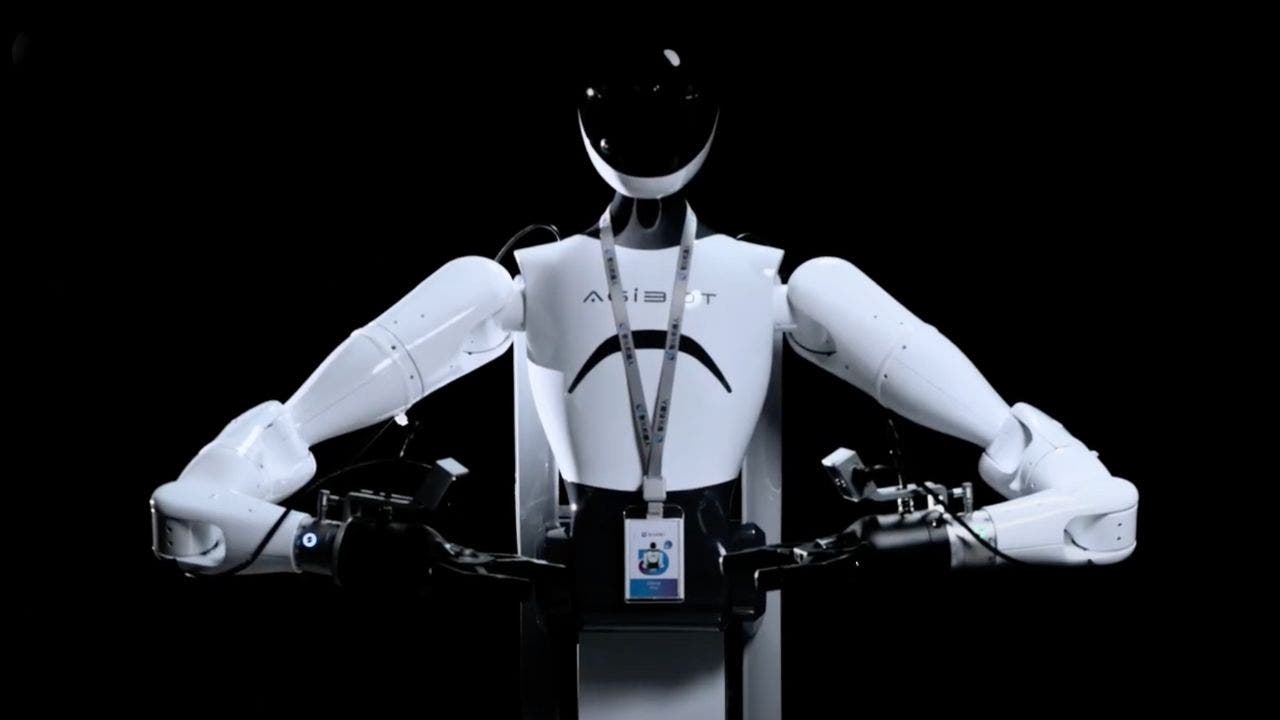Chinese tech firm shares robot training secrets with the world

AgiBot, a pioneering Chinese artificial intelligence and robotics company, has recently introduced a groundbreaking open-source dataset known as AgiBot World Alpha. This dataset marks a significant advancement in humanoid robot training, as it captures intricate data from over 100 robots across a wide range of real-world scenarios. By offering a detailed look into robotic movement and interaction, AgiBot has created a comprehensive resource that is set to revolutionize our understanding of robotic learning and adaptation.
The AgiBot World Alpha dataset is far more than just a simple collection of data points. It provides researchers and developers with access to an extensive repository containing over 1 million robotic movement trajectories. Spanning various industries such as home environments, restaurants, industrial settings, offices, and supermarkets, this dataset offers unparalleled diversity in robotic training scenarios.
One of the key challenges in robotics training has historically been the limited availability of real-world data and controlled environments. AgiBot’s dataset addresses this challenge by offering comprehensive representations of authentic scenarios. This includes complex movements like fine-grained manipulation, advanced tool usage, and sophisticated multi-robot collaboration techniques.
To capture high-quality data, AgiBot has incorporated cutting-edge technological components into the dataset. These include array-based visual tactile sensors, durable six-degree-of-freedom hands, and mobile dual-arm robotic systems. These advanced hardware configurations enable researchers to explore nuanced robotic learning methodologies.
The dataset is hosted on GitHub and Hugging Face, ensuring broad accessibility for researchers and developers. However, the Creative Commons CC BY-NC-SA 4.0 license restricts its usage to academic and research purposes, preventing commercial applications.
Looking ahead, AgiBot has outlined an ambitious development roadmap. The company plans to release AgiBot World Beta in early 2025, expanding the dataset to approximately one million high-quality robotic trajectories. Additionally, they anticipate launching the AgiBot World Colosseum platform and a global robotics challenge.
The release of AgiBot World Alpha has the potential to transform robotics research and development significantly. By providing authentic and diverse training data, the dataset enables more sophisticated approaches to contact-rich manipulation techniques, advanced long-horizon planning strategies, and complex multi-robot collaborative interactions.
In conclusion, the AgiBot World Alpha dataset represents a collaborative innovation that promises to bridge the gap between theoretical robotics and practical, context-aware artificial intelligence. This transformative resource opens up new possibilities for advancing robotic learning and adaptation, paving the way for more intelligent and adaptable robotic systems in the future.




